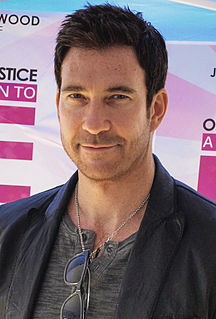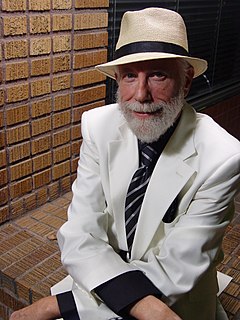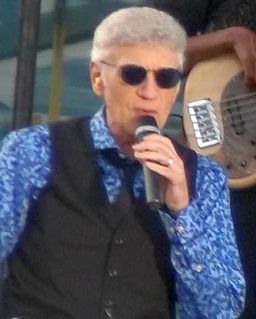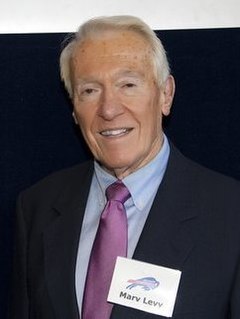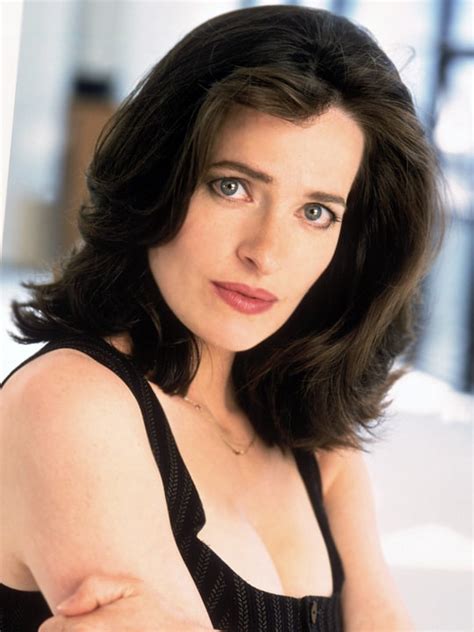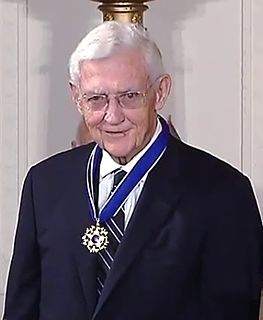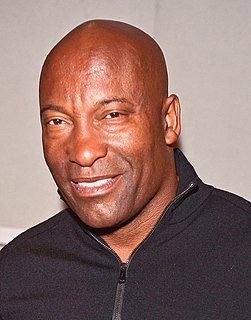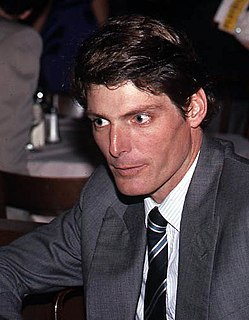A Quote by Esa-Pekka Salonen
Classic music somehow changed, and it changed between the first and the second world wars, and somehow what happened was that the hero that had been the composer, the hero now was the performer, and especially the conductor.
Related Quotes
Perhaps the chief requirement of [the conductor] is that he be humble before the composer; that he never interpose himself between the music and the audience; that all his efforts, however strenuous or glamorous, be made in the service of the composer's meaning - the music itself, which, after all, is the whole reason for the conductor's existence.
Part of what we want to do with the Heroic Imagination Project is to get kids to think about what it means to be a hero. The most basic concept of a hero is socially constructed: It differs from culture to culture and changes over time. Think of Christopher Columbus. Until recently, he was a hero. Now he's a genocidal murderer! If he were alive today, he'd say, "What happened? I used to be a hero, and now people are throwing tomatoes at me!
I've often said that the only thing I can change with magick is myself. I believe that. Whatever changes I wish to effect with magick, the first and only thing that will be directly changed by my magical operation will be me. Once I am changed, then the new changed me will then somehow affect or attract the desired object of my operation.
Women's sexuality is something that is a very touchy subject for a lot of women...I had to free my body from all of the binding, all the shutting down, and all of the censorship I had already put on it. When I did that, everything in my life changed. My relationship with my husband changed. My relationship to the world changed. My relationship to my body changed. My relationship to my female friends changed in huge ways.
When I finally got together with Rostropovich as a student, he was very focused, almost entirely focused on the music itself, on what the composer had in mind and what he knew about the composer. Many of the works that I played for him had in fact been composed and written for him; he was often the first performer of these works, having known the composers personally.
When the first Superman movie came out, I gave dozens of interviews to promote it. The most frequent question was: What is a hero? My answer was that a hero is someone who commits a courageous action without considering the consequences. Now my definition is completely different. I think a hero is an ordinary individual who finds the strength to persevere and endure in spite of overwhelming obstacles.

